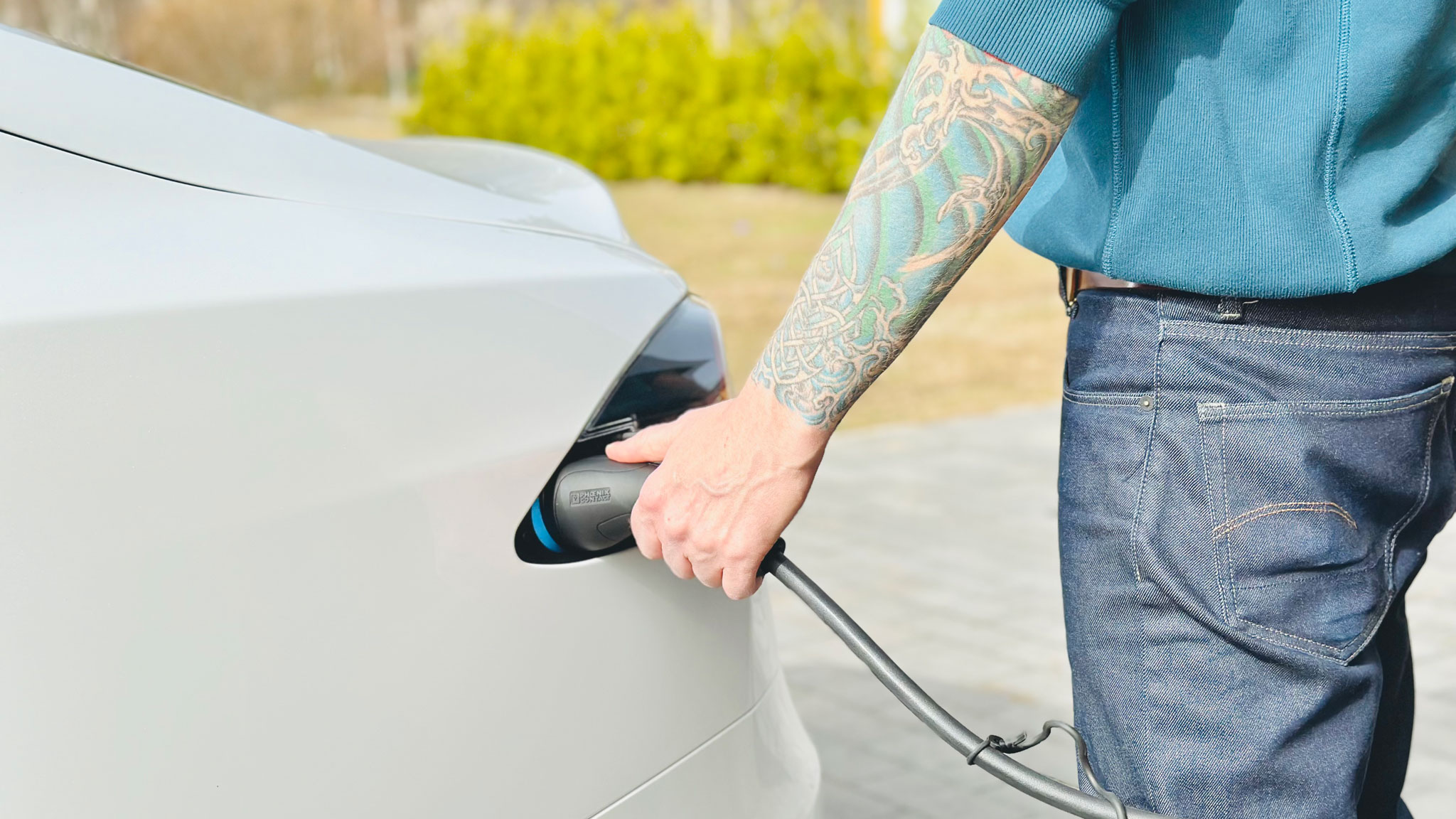Looking beyond the price tag
It’s no secret that EV manufacturing is still resource-heavy, and the technology can be expensive. But comparing today’s EVs to over a century of internal combustion engine refinement isn’t fair. The fossil fuel industry has had decades of subsidies and investment to make it cheap, while EVs are just beginning to scale.
At the same time, we need to ask ourselves what we really need from EVs. While discussions about ultra-long battery ranges dominate the headlines, data shows that the average daily driving distance in Europe is much more modest. For example, drivers in Germany average about 19 kilometers per day, while in Greece, it’s only 6 kilometers.
Additionally, about 80% of EV charging in Europe happens at home, according to the latest statistics. This raises an important question: do we truly need 1,000 km of range, or should we focus on lighter, more affordable EVs tailored to daily use? Battery advancements should aim to reduce costs and vehicle weight, making electric cars more accessible to the average driver. Long-range batteries are impressive, but they may not align with the actual needs of most users.


